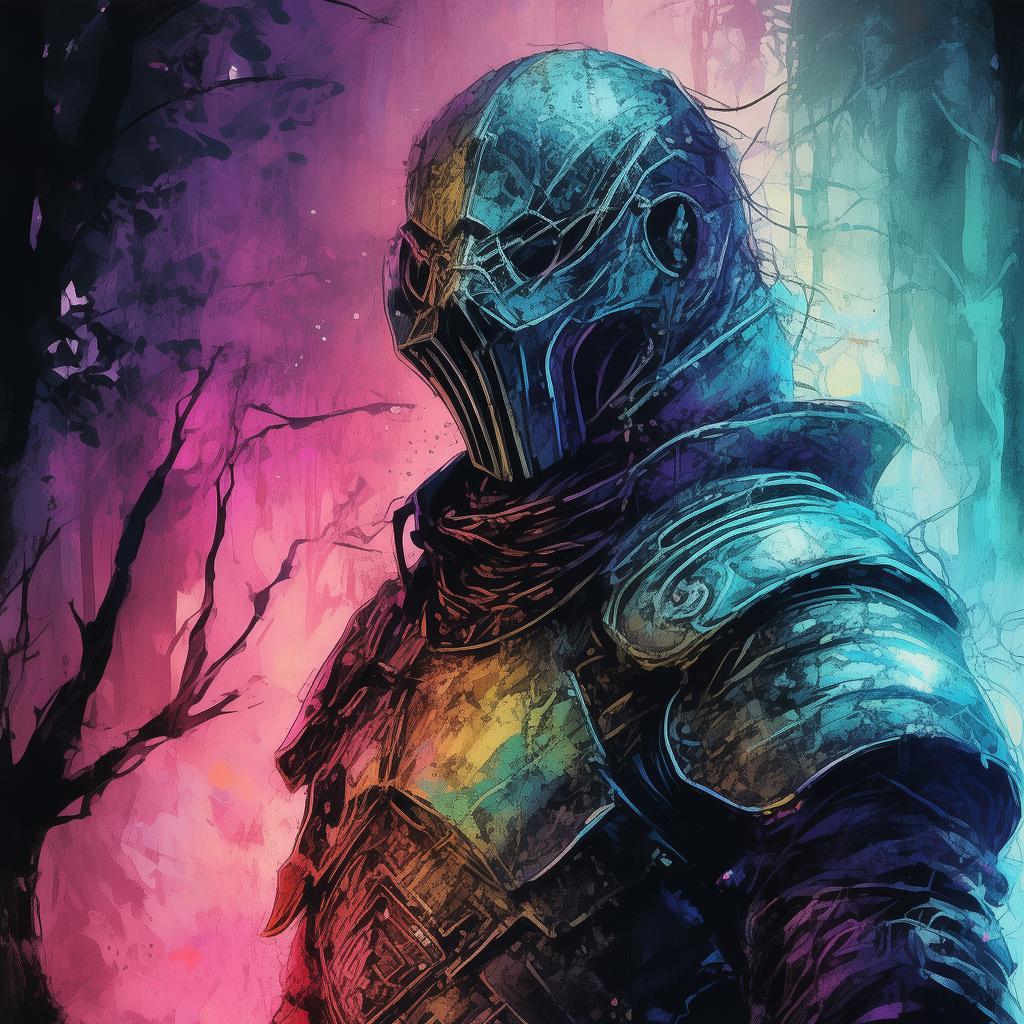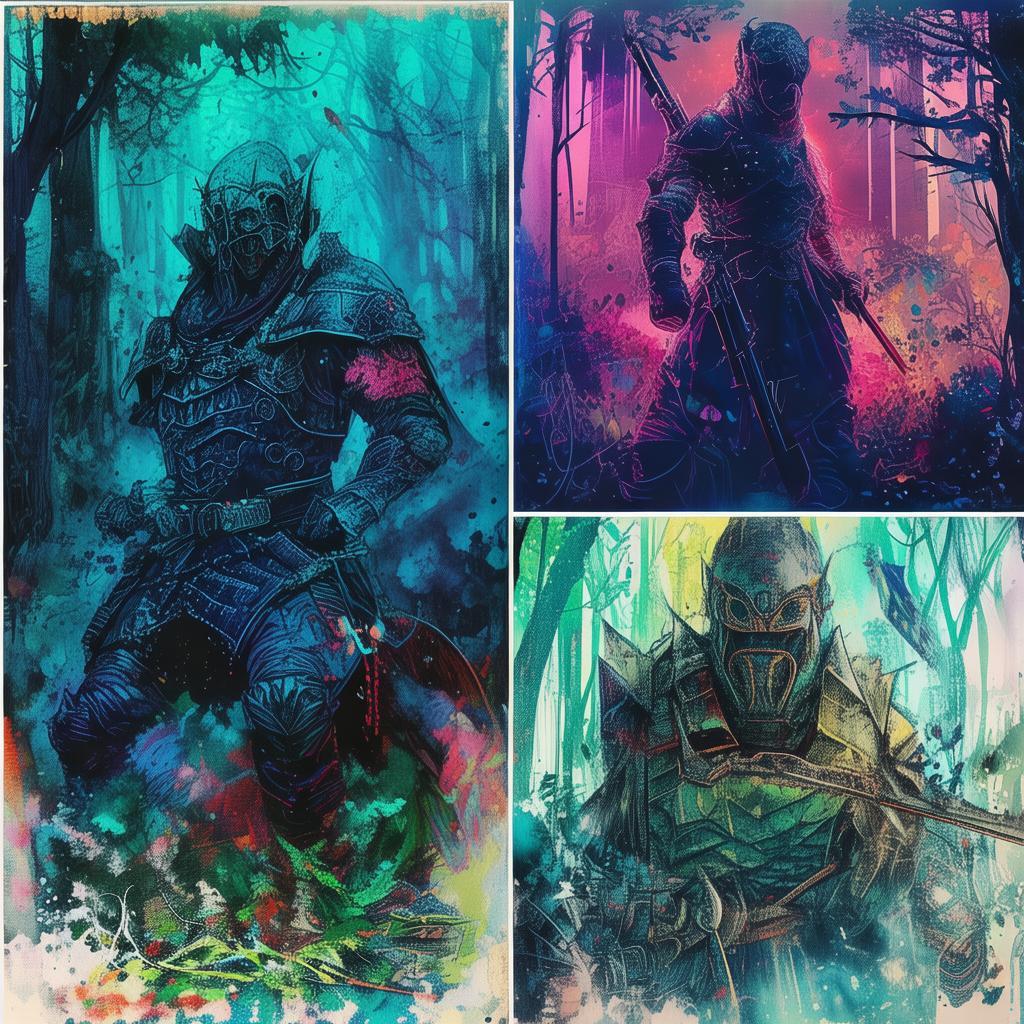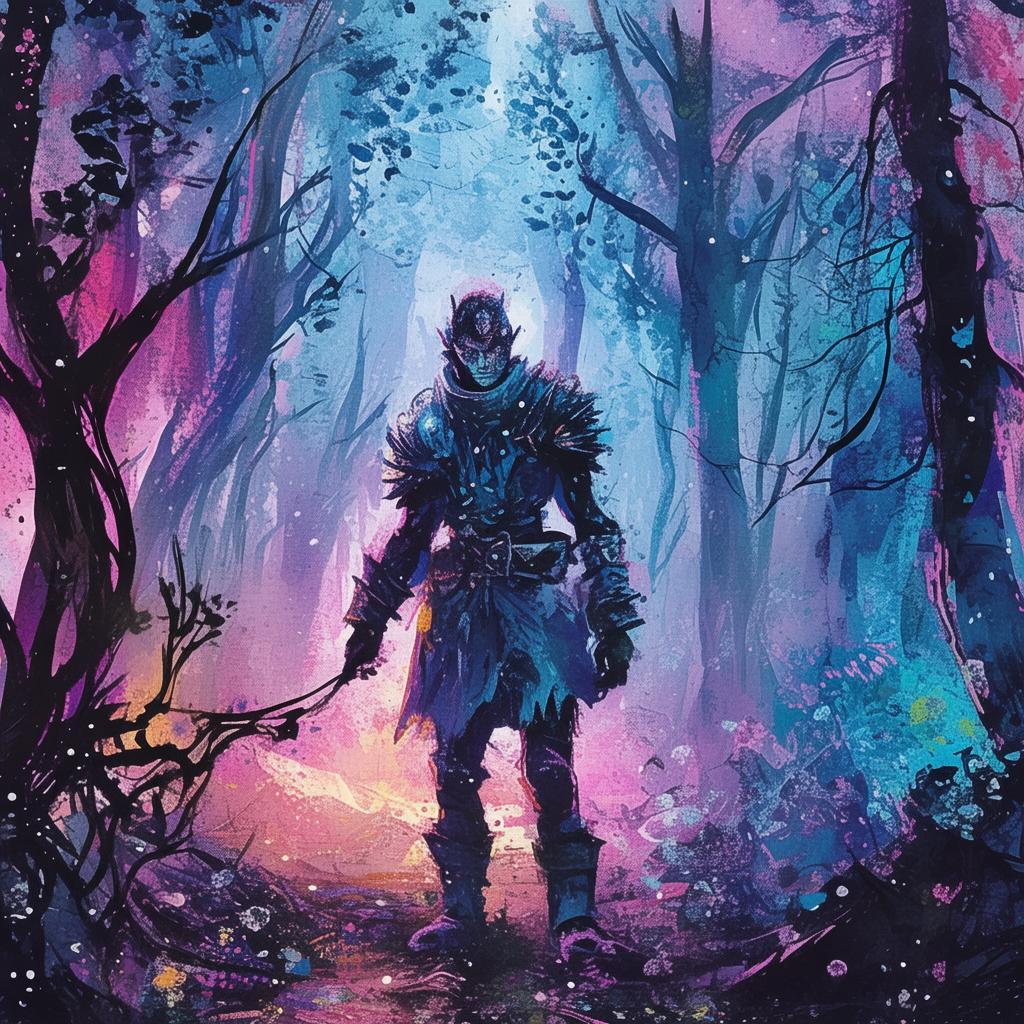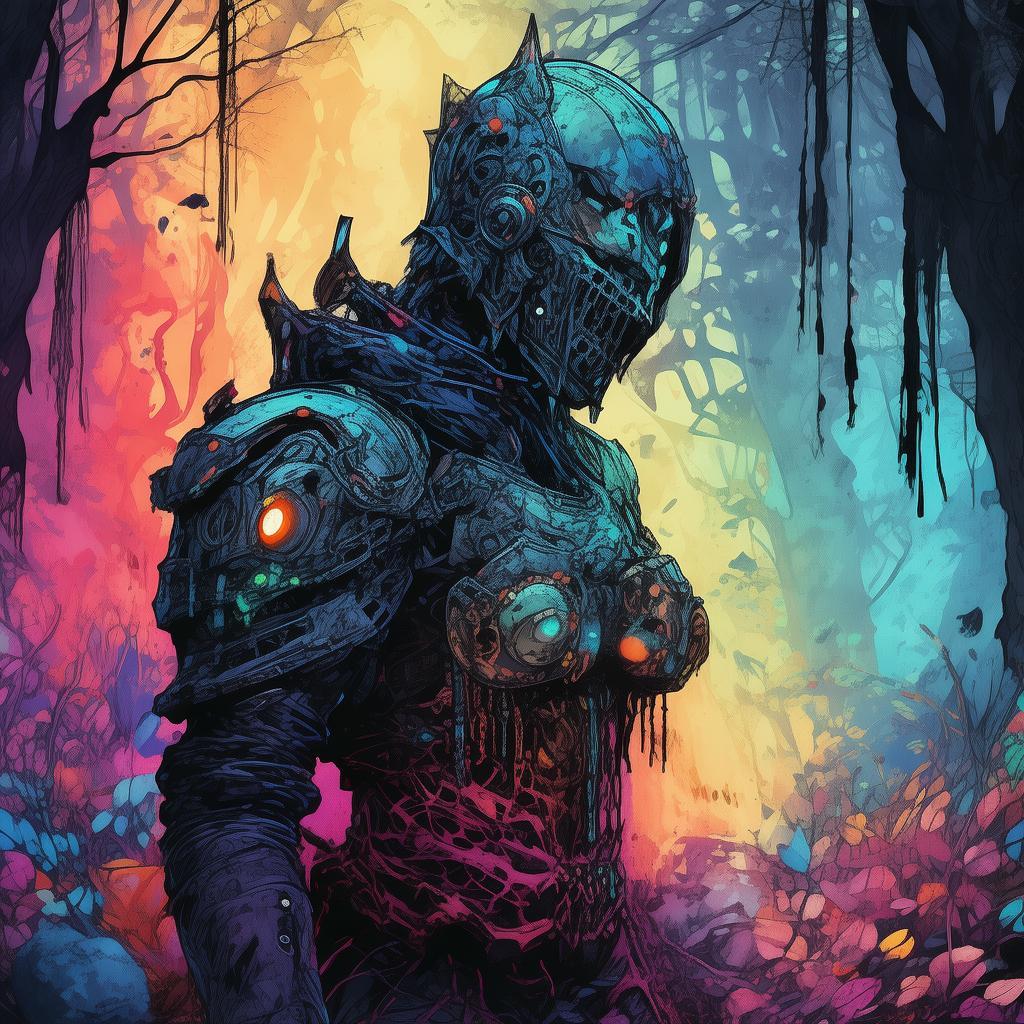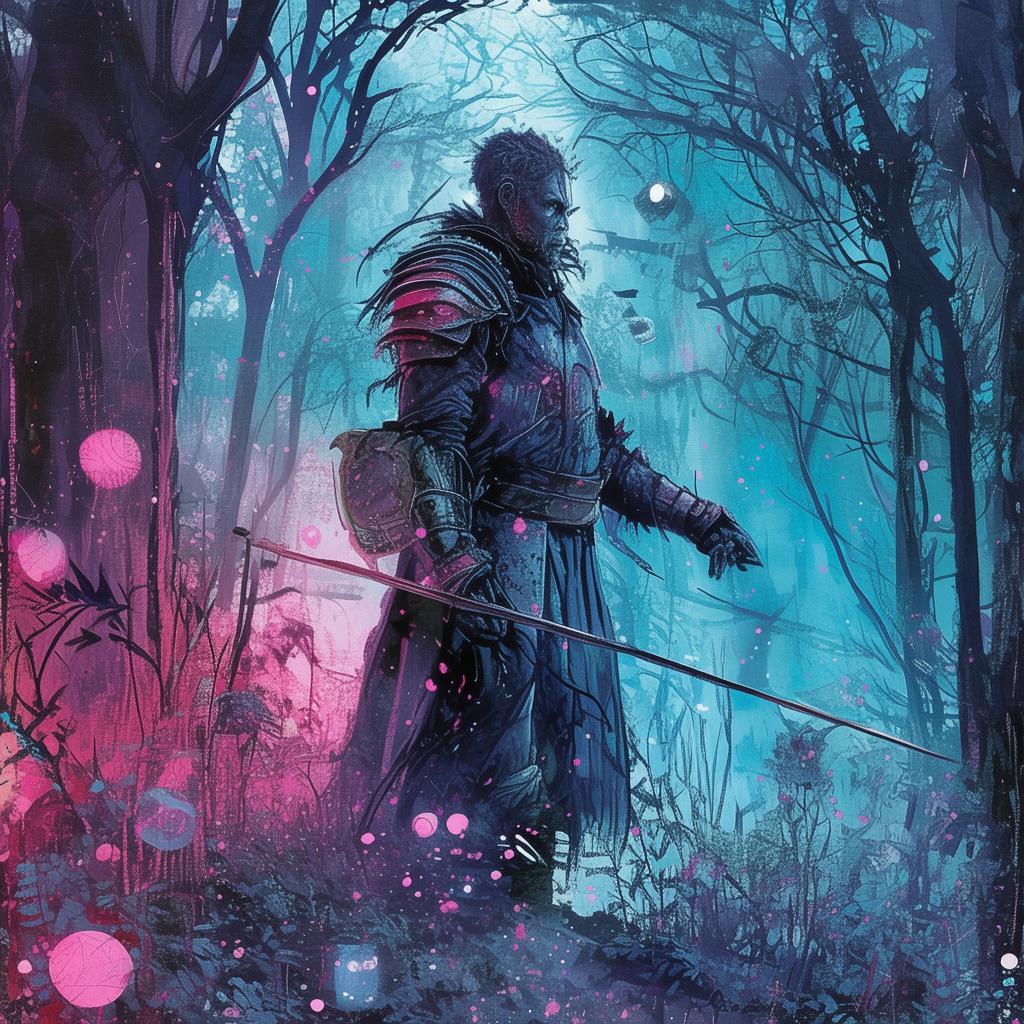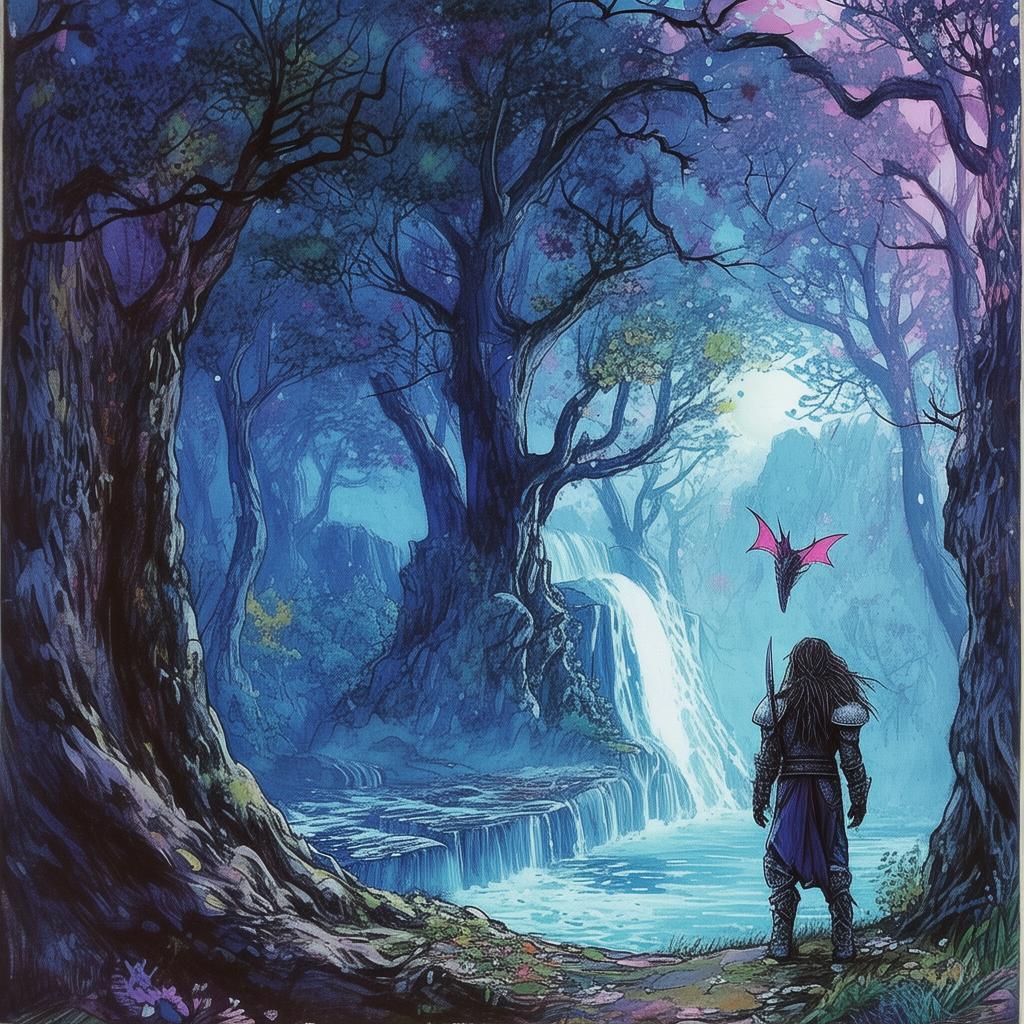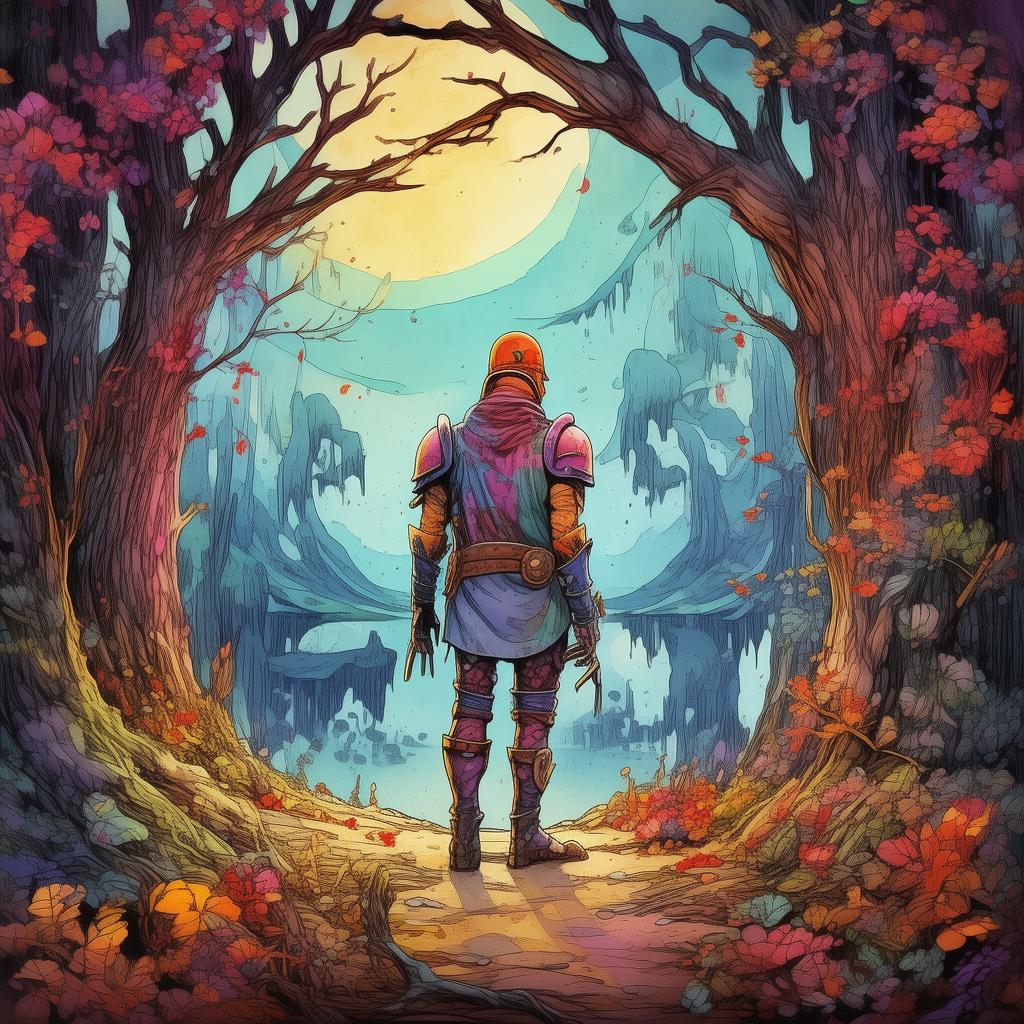The Ball of the Ancestors: The Forbidden Ritual
In the serene village of Jinglong, nestled among the rolling hills of the Shandong province, there existed a tradition that had been passed down through generations, a ritual known as the Ball of the Ancestors. This ritual was shrouded in mystery and forbidden by the imperial court, yet it was a cornerstone of the village's identity. It was said that the ritual could bring prosperity and protection to the village, but only at a great cost.
The story begins with a young villager named Ming, whose family had been the guardians of the ritual for centuries. Ming was a curious and adventurous soul, often finding himself drawn to the ancient texts and artifacts that lined the dusty shelves of his family's home. He was fascinated by the stories of the ancestors, their triumphs and their sacrifices, and he longed to understand the true meaning behind the Ball of the Ancestors.
One year, as the autumn equinox approached, the village elder, Master Li, summoned the young Ming to his home. Master Li was an elderly man with a face etched with the wisdom of many years. His eyes held a deep, ancient knowledge that seemed to pierce through the veil of time.
"Child Ming," Master Li began, his voice a low rumble, "the time has come for you to learn the true nature of our ritual. The Ball of the Ancestors is not a simple act of respect; it is a binding contract with the spirits of our forebears. You must be prepared to make a sacrifice."
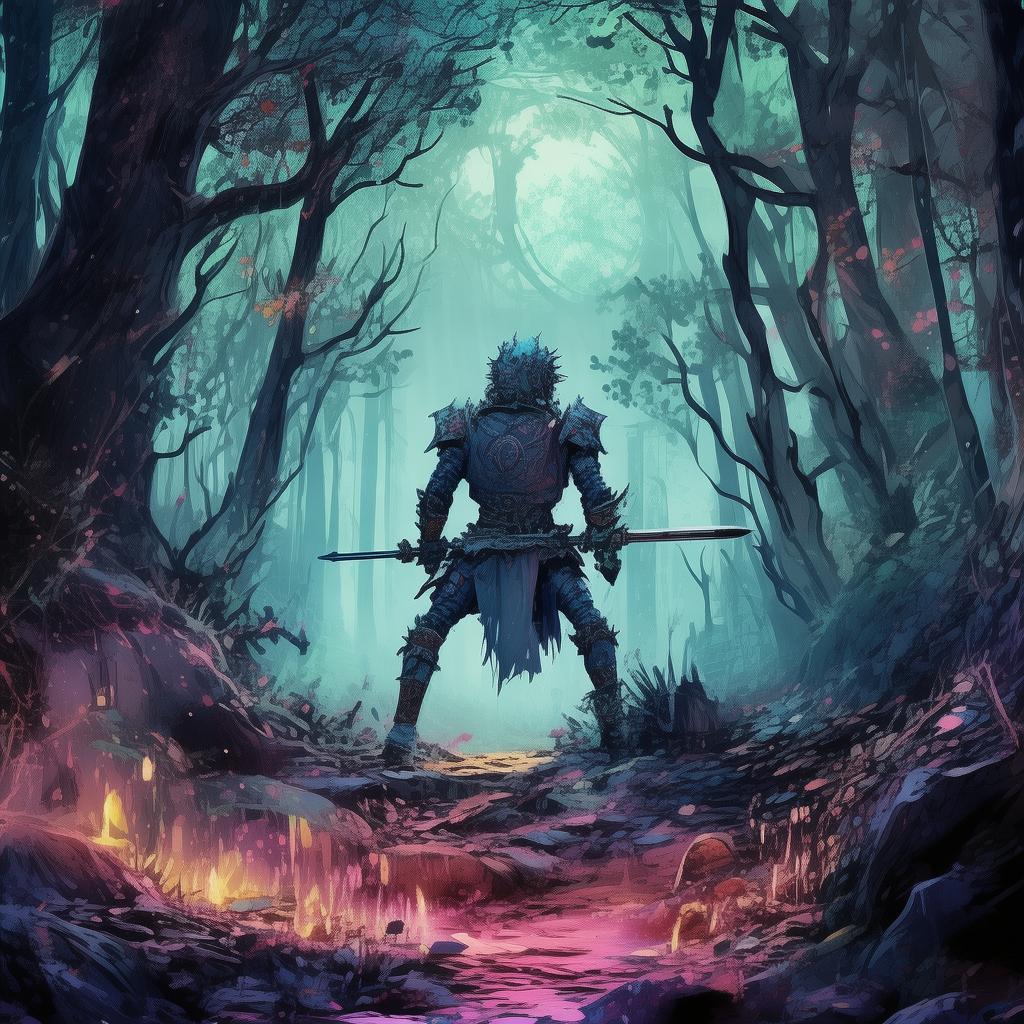
Ming's heart raced. He had heard whispers of the ritual's dark side, but he had never imagined it would involve him. "What kind of sacrifice?" he asked, his voice trembling.
Master Li's eyes softened. "It is a ritual of respect, but also of punishment. The one who performs it must kick the Ball of the Ancestors with all their might. If the ball does not break, the village will be blessed. If it does, the kicker will face a fate worse than death."
Ming's mind raced with fear and confusion. He knew that the Ball of the Ancestors was an ancient, hollowed-out gourd, filled with the bones of the ancestors. The villagers believed that the spirits of the ancestors resided within it, and that the ritual was a way to honor them and seek their favor.
As the day of the ritual approached, Ming found himself overwhelmed with doubt and fear. He had never been so afraid in his life. His family had always been proud of their role in the ritual, but now he realized the true cost of their reverence.
On the day of the ritual, the village gathered in the ancient temple, a place of both awe and fear. The air was thick with anticipation, and the villagers whispered among themselves, their voices a low hum of anxiety.
Ming stood before the Ball of the Ancestors, his heart pounding in his chest. He took a deep breath, trying to steady his nerves. "I will do this for the village," he whispered to himself.
With a mighty kick, Ming sent the Ball of the Ancestors flying through the air. The villagers gasped as the ball shattered into pieces, the bones of the ancestors scattered across the temple floor.
The village elder, Master Li, stepped forward, his eyes filled with sorrow. "The sacrifice has been made," he said, his voice a mere whisper.
Ming's family rushed to him, their faces a mix of relief and guilt. "You have saved us," his mother said, tears streaming down her face.
But Ming knew that the true cost of their reverence had been paid. He had shattered the Ball of the Ancestors, and with it, the connection to the spirits of their ancestors. He felt a deep sense of loss, a void that seemed to grow larger with each passing day.
As the days turned into weeks, Ming found himself wandering the village, searching for answers. He discovered that the ritual was more than just a way to honor the ancestors; it was a way to bind the village together, to ensure their survival in a harsh world.
In the end, Ming realized that the true sacrifice was not in the breaking of the Ball of the Ancestors, but in the breaking of the cycle of fear and reverence that had bound the village for so long. He began to share his knowledge with the villagers, teaching them to honor their ancestors through love and respect, rather than through fear and sacrifice.
The village slowly began to change, and with it, Ming found his place within it. He became a guardian of the village's history, a bridge between the past and the future, and a reminder that true strength comes from understanding the past and embracing the future with courage and love.
The Ball of the Ancestors remained a part of the village's heritage, but it was no longer a source of fear. Instead, it became a symbol of the resilience and unity of the people of Jinglong, a testament to their ability to overcome the darkness that had once threatened to consume them.
✨ Original Statement ✨
All articles published on this website (including but not limited to text, images, videos, and other content) are original or authorized for reposting and are protected by relevant laws. Without the explicit written permission of this website, no individual or organization may copy, modify, repost, or use the content for commercial purposes.
If you need to quote or cooperate, please contact this site for authorization. We reserve the right to pursue legal responsibility for any unauthorized use.
Hereby declared.
